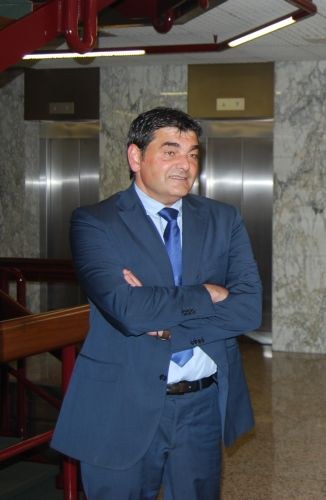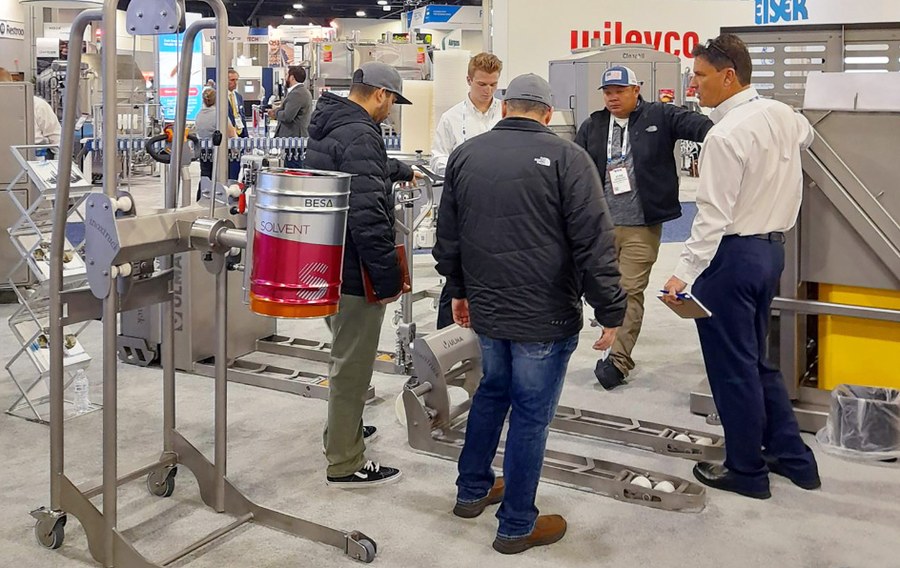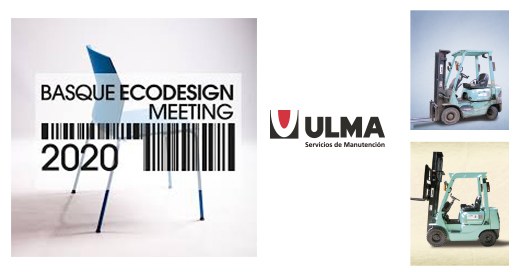Current legislation does not sufficiently regulate “theory and practical training”

“There is a high accident rate in the industry associated with the use of loading, handling, storage and unloading materials. Current legislation is too ambiguous and the legislator hasn’t developed it as specific obligations, making it difficult to take specific measures to reduce accidents among end users".
These are the words of the business and service director of ULMA Carretillas Elevadoras at a meeting he had on 27 January with a specialised logistics and handling magazine. Fernández stated that the legislation does not sufficiently and appropriately regulate “theory and practical training”, as required under article 19 of the Law on Prevention of Risks at Work, leading to a proliferation of “forklift truck driving licenses” awarded by bodies with varying degrees of professionalism.
Secondly, Fernández defends the importance of knowing and preventing risks in the use of these machines to apply active and passive safety solutions: “Many accidents happen every day because people aren’t aware of concepts such as “dynamic stability”, "transversal stability”, “shifting centre of gravity”, “residual capacity” or “limiting load by height”. Finally, but no less important, the equipment must be in perfect conditions for use and have all of its safety features checked regularly. Here again the legislation fails to state what these safety features are and, thus, we often find very old forklift trucks being used that do not have safety features, or poorly maintained equipment, which constitutes a risk to workers".
In this regard, “ULMA is working on all of these unregulated aspects by training operators through an advanced use and safety course and conducting exhaustive maintenance on its machines through the “complete service” option for the leasing arrangements and maintenance contracts available to customers”.







